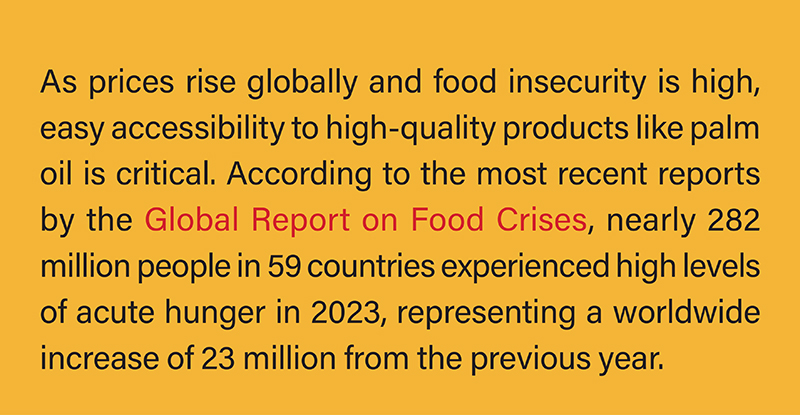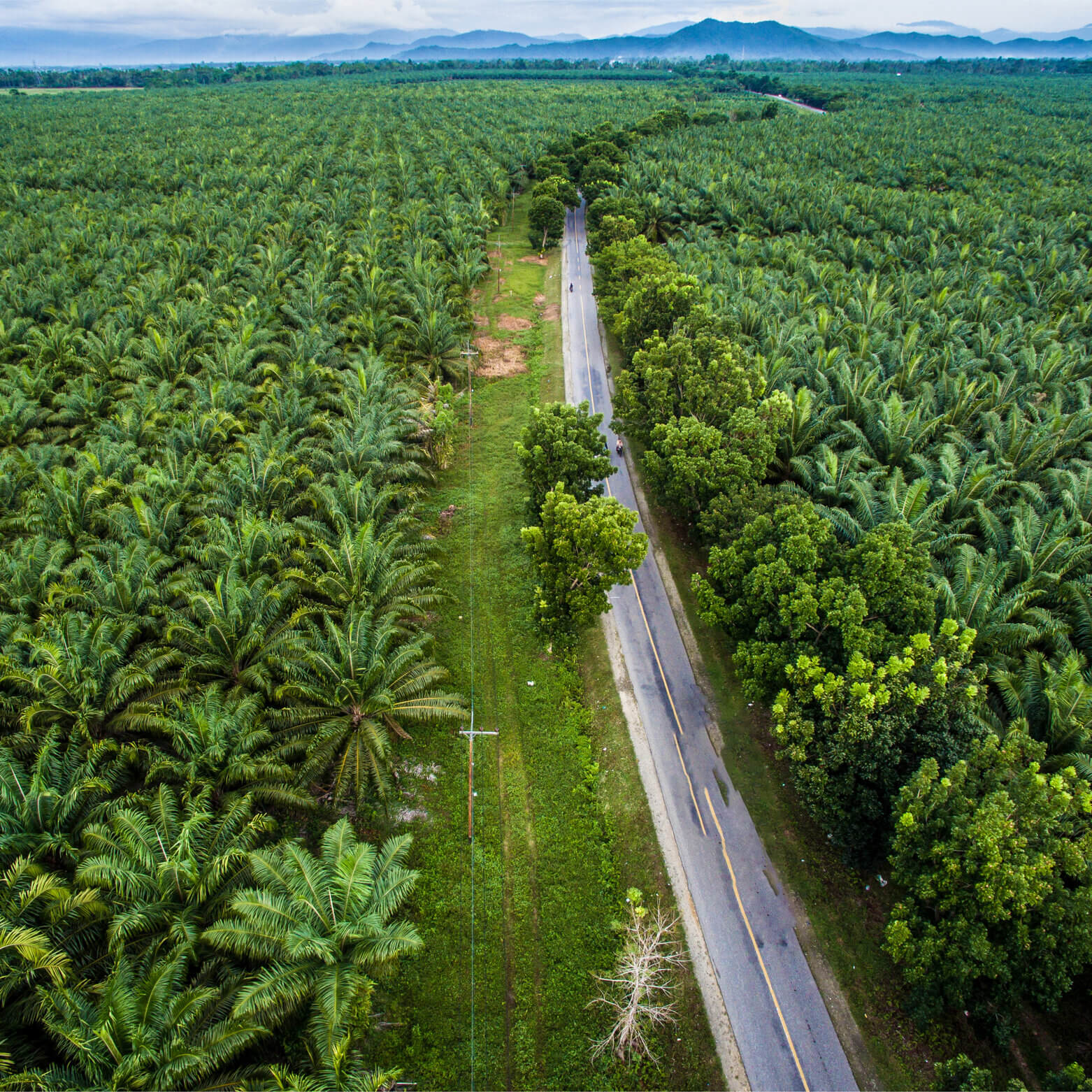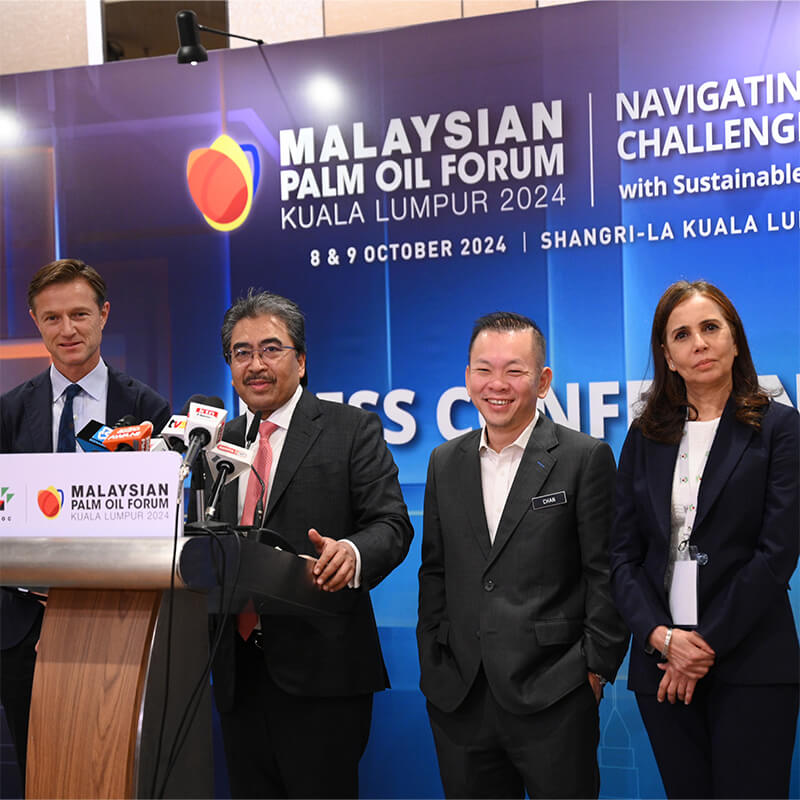Health Care Policy Does Not Exist in a Vacuum
By Dr Jonathan Ellen

Good public health policy should be grounded in sound science and prudence. When considering drastic policy changes that could impact millions of people, our leaders must act soberly, in our best interest, and with a full grasp of their policies’ full impact.
The ongoing global debate about palm oil is an opportunity for policymakers to look beyond the heated rhetoric and act responsibly. In Europe, Asia and the United States, environmentalists and activists are driving pressure campaigns to limit the use of palm oil, and too many public officeholders are keen to lend a sympathetic ear. But indulging these activists is not merely wrong. It could be dangerous, too.
Policymakers would do well to remember their history. In the 80s and 90s, we saw the replacement of palm oil with Partially Hydrogenated Oils (PHOs). These PHOs were made by adding hydrogen to liquid fats to solidify them, creating what we now know as trans fats. Experts now say that trans fats dramatically increase cholesterol and contribute to heart disease. Although many governments have outright banned or limited the use of trans fats, the World Health Organisation (WHO) estimates that trans fats contribute to more than 500,000 premature deaths from coronary issues per year.
Contrary to the naysayers, the switch back to palm oil has been an addition by subtraction. Palm oil is a balanced fat since it is approximately 50% saturated and 50% unsaturated. Studies have shown that palm oil, unlike trans fats, has a neutral effect on cholesterol levels. When considered in its proper context, the shift from trans fats to palm oil has been a net positive for global health outcomes.
Beyond its effect on individual health outcomes, policymakers must also consider the economic implications of limiting its use. That is because such decisions are not made in a vacuum.

Experts call for evidence-based policies, noting palm oil’s role as a balanced, affordable fat amid global health and food security challenges.
Palm oil is ubiquitous, in part, because it is incredibly affordable. Alternatives like butter, coconut oil, and coconut butter, all fine when consumed in moderation despite their high saturated fat content, are also far less affordable.

Taking actions that would exacerbate these crises absent sound scientific evidence would be nothing less than tragic.
Global health leaders should recognise that there is no scientific evidence that palm oil is dangerous and that, if anything, it is a valuable tool to fight food insecurity. It is an affordable, abundant form of high-quality dietary fats for those around the globe. Policymakers looking to improve their country’s health should focus instead on encouraging a balanced lifestyle that embraces a variety of foods in moderation, physical activity and overall well-being.
Dr. Jonathan Ellen is an epidemiologist, CEO of Connections for Health and former CEO of Johns Hopkins All Children’s Hospital.

Studies have shown that palm oil, unlike trans fats, has a neutral effect on cholesterol levels. When considered in its proper context, the shift from trans fats to palm oil has been a net positive for global health outcomes.
numero







